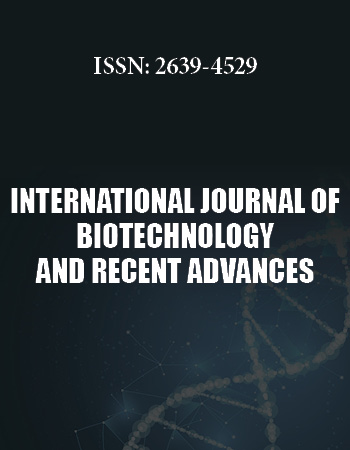European Microbiology Research Conference
December 3-4, 2018 Valencia, Spain
Bacterial Dormancy as a Reset System to Lose the Phenotypic Adaptation to a Specific Growth Environment
1Cardiff University, UK
2Northeastern University, USA
Several theories have been proposed to explain the “Great Plate Anomaly”, that is, the observed phenomenon by which most of the environmental microorganisms seen under the microscope, cannot currently be grown under laboratory conditions. A possible explanation could combine the commonly known bet-hedging strategies of dormancy and bistability: Many microorganisms seem to enter a dormant state of low metabolic activity when environmental conditions are unfavorable and bistability is observed when gene expression within a bacterial population of genetically identical bacteria bifurcates into phenotypically distinct subpopulations. In this context, we wanted to determine if the entry into dormancy (in the form of sporulation) was able to erase the phenotypic memory acquired through vertical inheritance. Bacillus subtilis spores were germinated into different media, and several passages were performed to favor selection of individuals adapted to each specific growth medium. After this acclimatization process, bacteria were induced to sporulate and the spores were germinated in the different media. Monitorization of colony growth through the ScanLag technology showed different growth patterns for germinated spores before acclimatization, after acclimatization, and vegetative cells after growth passages, suggesting that the phenotypic memory acquired through passages was partially removed during sporulation. This observation could provide a first hint at another aspect of bet-hedging, in which environmental bacteria could use dormancy to reset their acquired phenotypic memory to be more adaptable to different environments.
Biography:
Dr. Epstein is a recognized expert in Environmental Microbiology and a Professor of Biology at Northeastern University, in Boston. Together with Dr. Lewis, Dr. Epstein co-invented the iChip, a method to grow previously uncultured microorganisms and which allowed for the discovery of teixobactin. Dr. Espina is currently doing a postdoc in Cardiff University in conjunction with Neem Biotech, working in a project to increase culturability of environmental bacteria in order to increase the possibilities of finding antimicrobial-producing species. Dr. Espina was invited to a research stay in Dr. Epsteinʼs laboratory to try to elucidate the role of dormancy in bacterial culturability.


